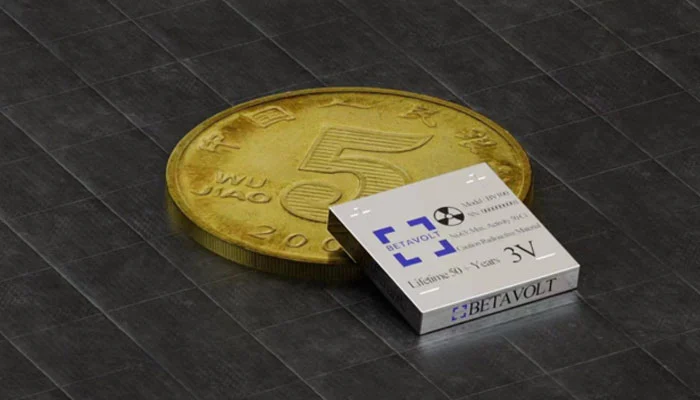Through Chinese expertise, the arrangement, which was made possible by the Special Investment Facilitation Council (SIFC), intends to increase Pakistan’s agricultural output.
The Punjab government and China’s “AI Force Tech” company have inked a memorandum of understanding (MoU) to introduce advanced agricultural machinery during Chief Minister Maryam Nawaz’s visit to China.
Through the use of advanced robotic technology, the MoU seeks to transform Pakistan’s agricultural industry, guarantee economic growth, and boost farmers’ wealth with China’s assistance.
Through the partnership, Pakistan would also have the chance to absorb knowledge about China’s sophisticated farming methods.
In the meantime, plans have been revealed by the Federal Minister of Planning to send 1,000 agricultural experts to China to study contemporary farming methods.
A Chinese business and the Punjab government previously inked an agreement to introduce cutting-edge cancer treatment technologies to Punjab.
Maryam Nawaz signed a Memorandum of Understanding (MoU) with Hygea Medical Technologies while she was in China in order to introduce cutting-edge cancer treatment equipment and techniques to Punjab.
This equipment will make it feasible to treat cancer without the need for chemotherapy or surgery.
Following a meeting with Hygea Medical Technologies President Dr. Luo Fuliang, Maryam Nawaz said the organization has promised expert assistance for the establishment of the Nawaz Sharif Cancer Hospital.
She went on to say that the hospital will work with China to treat cancer patients utilizing the newest equipment and techniques following the agreement.
Maryam Nawaz and a high-level delegation are present. From December 8 to December 15, the chief minister will go to Beijing, Shanghai, Shenzhen, and Guangzhou.
CM Maryam Nawaz is expected to attend a number of conferences, events, and meetings with the goal of enhancing bilateral relations and looking into potential joint ventures in the areas of infrastructure development, technology, agriculture, and governance.

